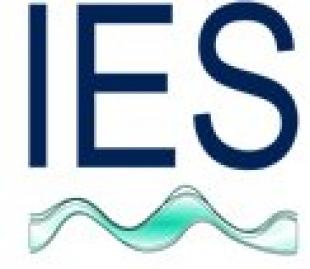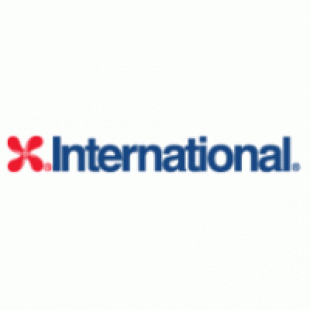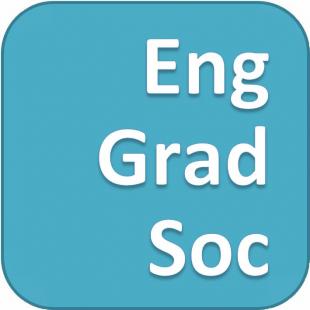Location:
Sanderson Building, Lecture Theatre 1
Date:
Title: Impact of Roughness and Biofouling on Ship Hydrodynamics
Speaker: Philip Stenson
Abstract:
Shipping is recognised as more energy efficient than many forms of transport, but increasing regulation of emissions and increasing fuel prices continue to drive the need for viable means of energy saving and reducing operational costs. One relatively easy way to do this is through the use of low friction fouling control coatings which improve the energy efficiency of ships by reducing hull roughness and frictional drag. This presentation provides an overview of the shipping industry and the different factors (physical, chemical and biological) that contribute to the skin friction component of ship resistance. A key challenge within the industry is that, unlike for form drag, there is no convenient scale up method for frictional drag. Laboratory approaches for measuring the hydrodynamic drag and roughness associated with fouling control coatings are discussed as well as their relevance (or otherwise) in real world scenarios. Recently we have begun a collaboration with the University of Edinburgh to investigate how novel CFD techniques can be employed to simulate how micro and macro scale roughness elements affect resistance on the ship scale.
Bio:
I completed my masters degree in Chemistry at Nottingham University in 2002. I went on to do a PhD in the field of bio-inorganic Chemistry at Nottingham under supervision of Prof Martin Schroder. I completed my PhD in 2005 and then went on to do a Postdoc/Lectureship at Durham University School of Chemistry.
In 2007 I made the switch from academia to industry when I joined International Paint (part of AkzoNobel), based in Newcastle. I have been there ever since in the Marine division where my area of focus has shifted away from Chemistry towards marine hydrodynamics. My research is aimed at better understanding how i) fouling control coatings can impact the frictional resistance of ship powering; ii) how we can develop test methodologies to screen new, more efficient coating technologies.
http://www.international-marine.com/marinehome.aspx
The seminar team would like to thank the Engineering Graduate Society (EngGradSoc) for its funding and support of this seminar series.





